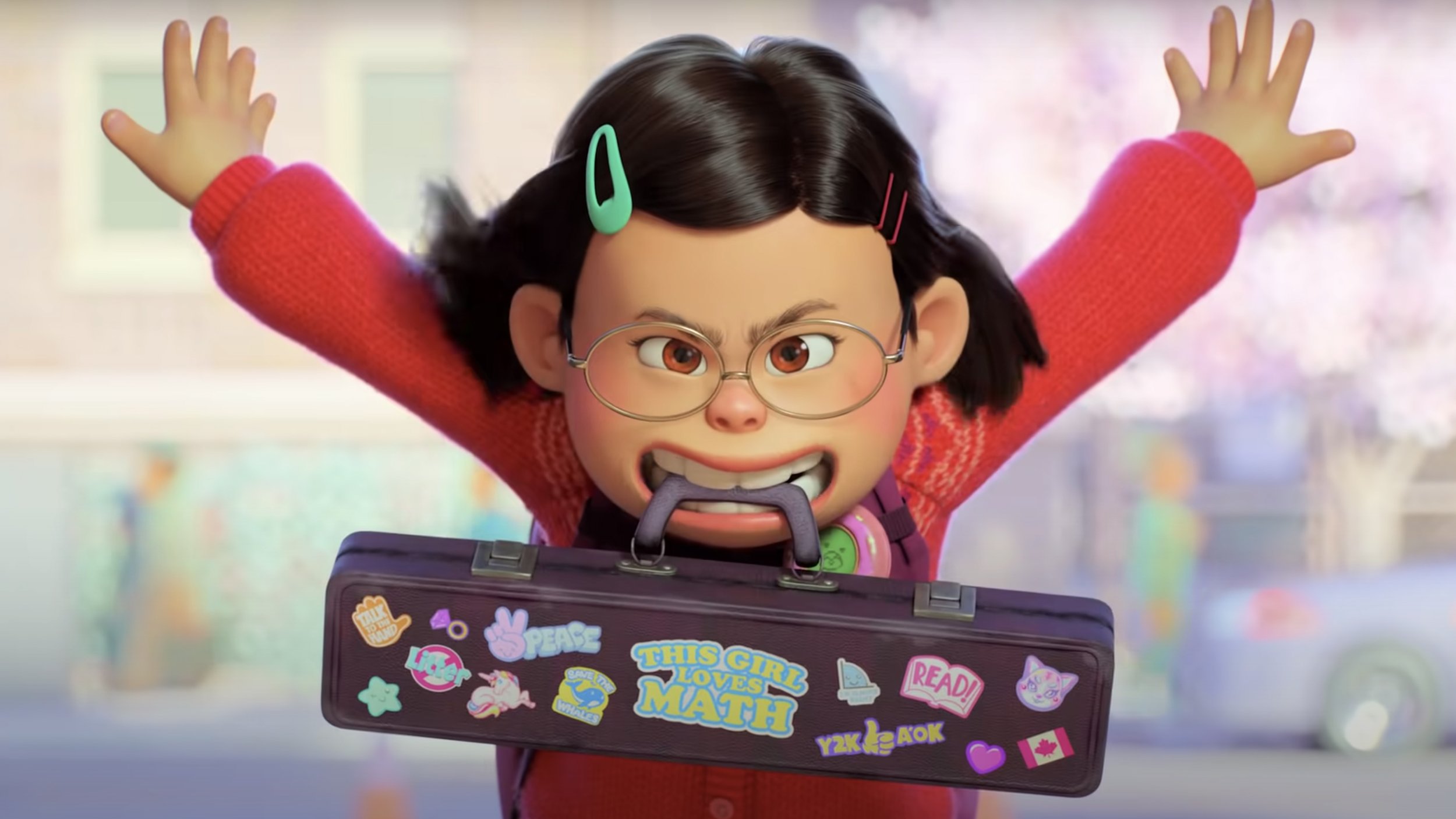By Brandon T. McClure (@btmcclure @fakenerdpodcast)
On January 7, 2022, Disney announced that the latest film from Pixar Animation, Turning Red, was going to skip its theatrical release, and instead be released exclusively on Disney+ at no extra cost. This move follows similar decisions for the likes of Pixar’s 2020’s Soul and 2021’s Luca. It’s no secret that Disney is putting a lot of effort into building the Disney+ library, but this isn’t happening as frequently as other studios under Disney’s umbrella. Marvel and Disney Animation, for example, are guaranteed to receive exclusive theatrical windows, so why isn’t Pixar getting the same treatment?
When the announcement came for Soul, it was a surprise, but Disney framed it as a “Christmas gift” to the fans who have been waiting patiently for the film's release. Since 2020 was the height of the COVID-19 pandemic, people were stuck inside as everything was closed, including movie theaters. Even though Disney had successfully rolled out Mulan with a $29.99 one-time payment, Disney seemed unsure if they were going to continue that financial approach for their future releases. Soul ended up being a big streaming hit for Disney+ and that seemed to be the end of it. That was until March of 2021, when Luca was announced to be heading straight to Disney+ at no extra cost.
Disney Pixar 2021 Luca animated film.
Luca was a major surprise, while theaters were struggling, they were at least open. At the time, the move was criticized because other movies had been released as a hybrid model. Cruella, Raya and the Last Dragon, and Black Widow all had theater releases as well as same day streaming on Disney+ at an added cost of $29.99. If Disney truly felt that Luca’s box office performance would be negatively impacted by the pandemic, then why didn’t they decide on a hybrid model or at the very least, a premier release?
Insiders at Pixar have already spoken about these perplexed decisions. Many felt confused and hurt after they poured so much love into the creation of an anticipated hit, that they were baffled it wouldn’t get to be seen in the format that it was made for. Pixar was being treated as a Disney+ content generator and not the major box office draw it had been countless times since Toy Story. Of course, there were some saying that it’s nice that kids could safely see the film, and that is true, but then why wasn’t the same concession made to Raya and the Last Dragon, which had a hybrid release, or Encanto which was released exclusively in theaters?
Meilin “Mei” Lee from Disney Pixar’s Turning Red.
After Luca, Disney stopped the hybrid model and released all of their major tentpoles, Shang-Chi and the Legend of the Ten Rings, Eternals, and Encanto exclusively in theaters. So then, why not Turning Red? Pixar’s latest film about a young girl who begins to turn into a giant red panda was all set for its March theater release date, before Disney once again pulled the rug out from under Pixar. To the many animators at Pixar, this seemed to have come without a warning, and certainly to the audiences who were excited to see a new Pixar film on the big screen. No real explanation has been given to why this is, and it’s unlikely any explanation would be believed.
While many studios these days rely on recognizable IP (intellectual property) to get audiences into theaters, Pixar only ever had to rely on their name. A Pixar film was a guaranteed box office hit, and if something like The Good Dinosaur wasn’t a hit, then a film like Inside Out would be. Their focus on original animated films that the whole family could love has put them at the top of the animation industry for decades now. They are more than a content generator for Disney to shuffle onto Disney+. They are a staple in the homes of peoples of all generations. They are the metric by which other animation studios are compared to. With Lightyear’s June release date fast approaching, many are left wondering if the rug will be pulled out once again and Lightyear will be the fourth Pixar film to release exclusively on Disney+ at no extra cost. Unfortunately, the decision to move Turning Red has created a precedent that could potentially change Pixar’s entire future.
Disney Pixar’s Turning Red.




